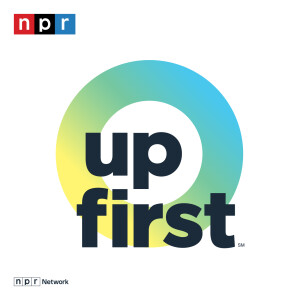

Perspectives with Condace Pressley
Perspectives S37 / Ep17 The Business of Youth Sports / Organ Donation - the gift of life
2025-05-09
Youth sport is part of an ideal childhood, and nearly everyone—from the federal government to parents—encourages children to take part. Driven by the promise of better physical and mental health, better educational outcomes, and a better society, tens of millions of kids across the USA participate in this form of organized play. Yet, most children who enter youth sport quit by the time they reach adolescence, often due to injury or abuse, and many more are sidelined by its high financial bur...
Youth sport is part of an ideal childhood, and nearly everyone—from the federal government to parents—encourages children to take part. Driven by the promise of better physical and mental health, better educational outcomes, and a better society, tens of millions of kids across the USA participate in this form of organized play. Yet, most children who enter youth sport quit by the time they reach adolescence, often due to injury or abuse, and many more are sidelined by its high financial burdens. In MORE THAN PLAY: How Law, Policy, and Politics Shape American Youth Sport, Dionne Koller, Director of the Center for Sport and the Law at the University of Baltimore, where she also serves as a law professor, delves into why youth sport has become all-consuming, costly, and, in too many cases, detrimental to boys and girls. Next we talk with Tracy Ide who has an incredible story of her mother and the gift of life she received twice from organ donors. She received both a heart and kidney transplant. Today more than 3,000 Georgians could benefit from organ or tissue transplantation. more than half of Georgians on the waiting list for a kidney transplant are African American.
View more
Comments (3)
More Episodes
All Episodes>>Create Your Podcast In Minutes
- Full-featured podcast site
- Unlimited storage and bandwidth
- Comprehensive podcast stats
- Distribute to Apple Podcasts, Spotify, and more
- Make money with your podcast
It is Free












